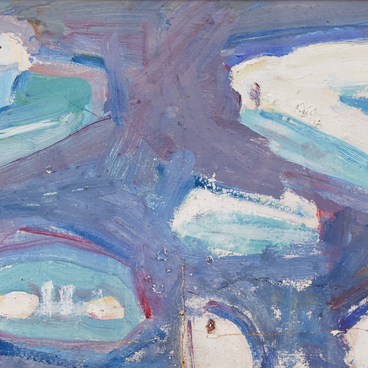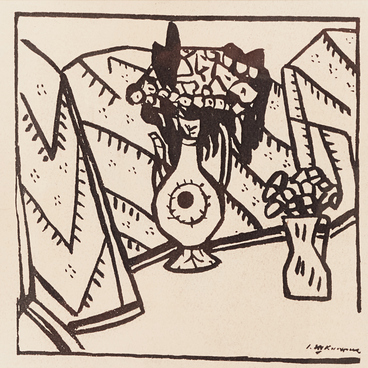In the struggle against the traditionalism of the public, criticism and public taste, an association of various movements and trends emerged in the art of the early 20th century. This association was known under the general name of Futurism.
The beginning of the 20th century was marked by the triumph of the urban environment. According to Futurists, the world was to be plunged into chaos, the established values should be ripped apart and new ones be created from them, making artists independent from the influence of society and its demands of aesthetics.
Getting some distance from the public taste did not mean ignoring society altogether. Futurists saw themselves as “prophets” and “saviors”, who would lead humanity to the path of renewal — both for the individual and the society as a whole. The main objective was to break from traditions.
Provoking the public was not an end in itself but rather a spontaneous result of a certain artistic theoretical concept. This can be confirmed by the numerous manifestos, which described the conceptual foundation of the new trends. In this way, Futurists attempted to popularize their works and throw overboard the legacy of Tolstoy, Dostoyevsky and Pushkin from “the ship of modernity”.
One of the Futurist lithographed collections was Vladimir Vladimirovich Mayakovsky’s 1913 book “Me”. It consisted of only four poems, and its somewhat unusual title conveyed the essence of the content extremely accurately.
Three like-minded friends worked on the design of this book: Mayakovsky himself, Lev Frantsevich Schechtel (known as Lev Fyodorovich Zhegin after 1915), and Vasily Nikolayevich Chekrygin. They studied together at the Moscow School of Painting, Sculpture and Architecture and were fond of new art.
The cover featured a self-portrait of Vladimir Mayakovsky. Schechtel believed that his friend wanted to depict his black tie, which he often wore at the time. On the cover of the copy in the Vladimir Mayakovsky Museum, this “tie” has a few dabs of yellow paint. All 300 copies managed to sell out quickly, although the book was not announced in the papers.

